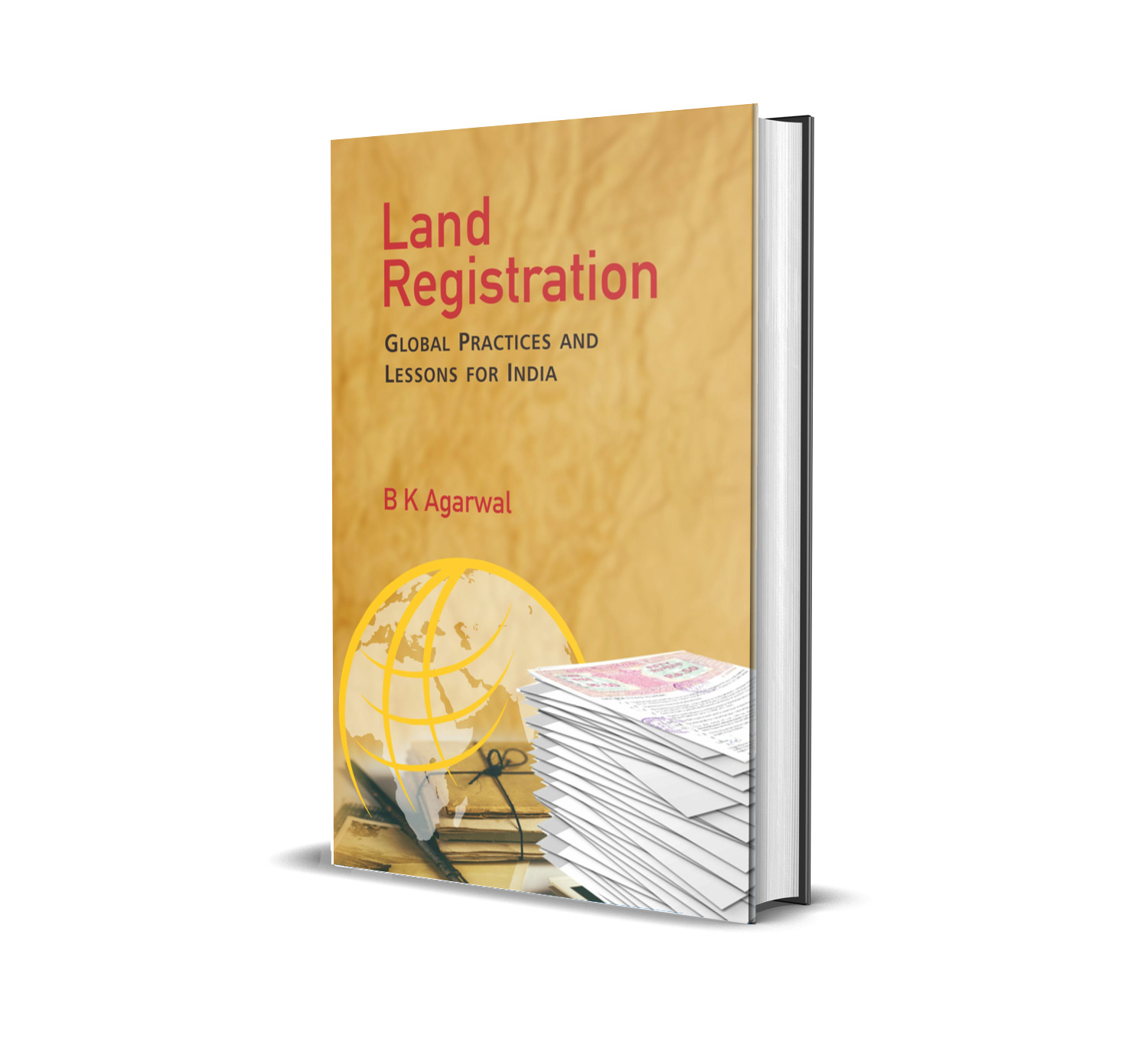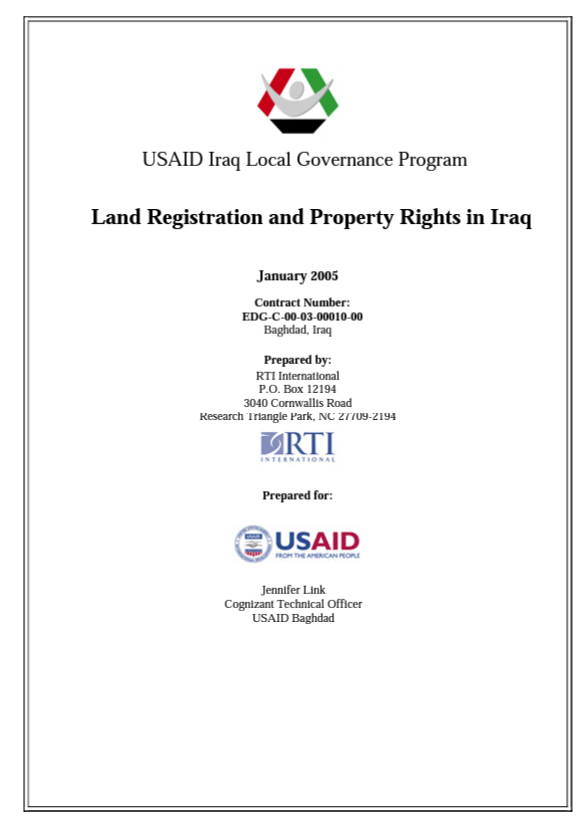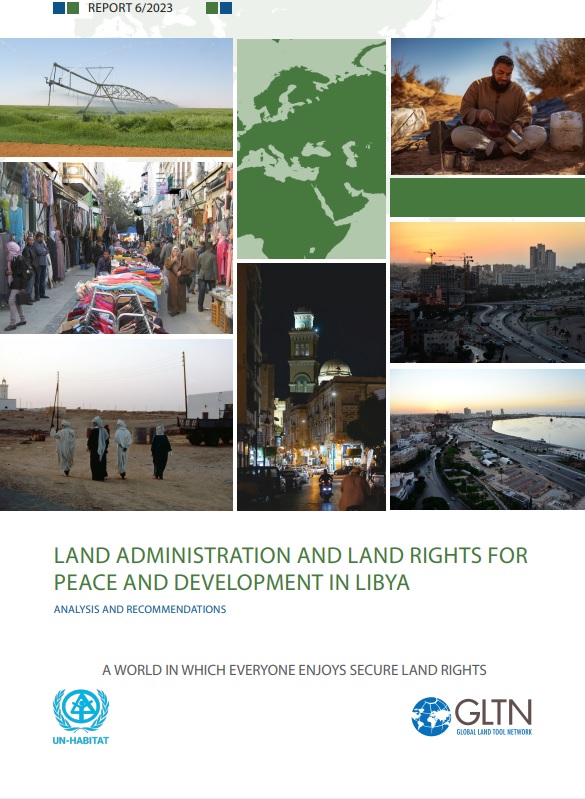Blockchain-Based Land Management for Sustainable Development
In recent years, many papers have been published on the topics of the blockchain (BC) and blockchain technology (BCT). Some papers put BCT in the context of land registries (LRs), land cadastres (LCs), land registration, land administration (LA) and land management (LM) and its implementation benefits. Some eight years later, from its beginnings in 2014, the question of the future of the proposed concept and whether it has one, has been raised.








